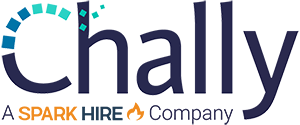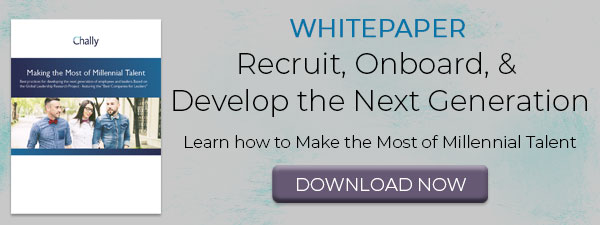The best ways to engage millennial employees
Millennial employees now outnumber Baby Boomers in the workforce. With their numbers rising by 30% over the next five years, its imperative organizations develop best practices for engaging this critical population. For a sales organization, this effort couldn’t be timelier. The Wall Street Journal recently reported that sales jobs are getting increasingly harder to fill because millennials perceive sales as risky. However, as this article points out, reaching your hiring targets continually fuels your bottom line. Missing them can have crippling effects.
What can organizations do to engage millennial employees?
Companies that excel in developing millennial talent have defined approaches that drive engagement with this increasingly important population. These firms view younger employees as a source of new capabilities and fresh perspectives. They approach the rising generation as a powerful force for transformation in the workplace, and as the future leadership of their companies. And while they realize that new employees must always adapt to established cultures, they embrace the idea that the organization itself must also change to make the most of a changing workforce.
In a survey of CEOs and senior HR leaders, the majority find that attracting, retaining and developing millennials is an important initiative for their organization. The survey was conducted as part of the Global Leadership Research Project, conducted annually by Chally Group. The research revealed several best practices that drive key talent management areas. Two of the most critical are onboarding and development.
Organizations can make a lasting impact on millennial new hires with defined and robust onboarding processes. Best practice companies strike a careful balance between purpose-built learning experiences and challenging, productive work. Flexible and ample feedback, as well as tangible evidence of progress, are key factors in sustaining millennial engagement.
The consulting firm Deloitte offers a robust example. The organization launched its “Welcome to Deloitte” program with millennials specifically in mind. The age group makes up more than half of the firm’s client-facing workforce. “Welcome to Deloitte” incorporates small-group activities, role-playing and gamification to help new hires successfully draft into client teams. It’s bolstered by an enterprise social networking platform that connects new hires to global resources and opportunities within the company. Ninety-six percent of the program’s graduates report that they understand the organization and feel welcomed.
Effective onboarding also lends itself to strategic development. Chally’s research reveals that best practice companies start early, identifying and developing future leaders at the very beginning of the employment life cycle. These companies also have a tendency to focus on meaningful work and rapid progression opportunities to develop the millennial talent pool.
In the broadest sense, however, a commitment to developing talent reaches beyond training activities. Leading companies also show that a more expansive effort is required, one that supports a holistic long-term integration of the millennial generation.



